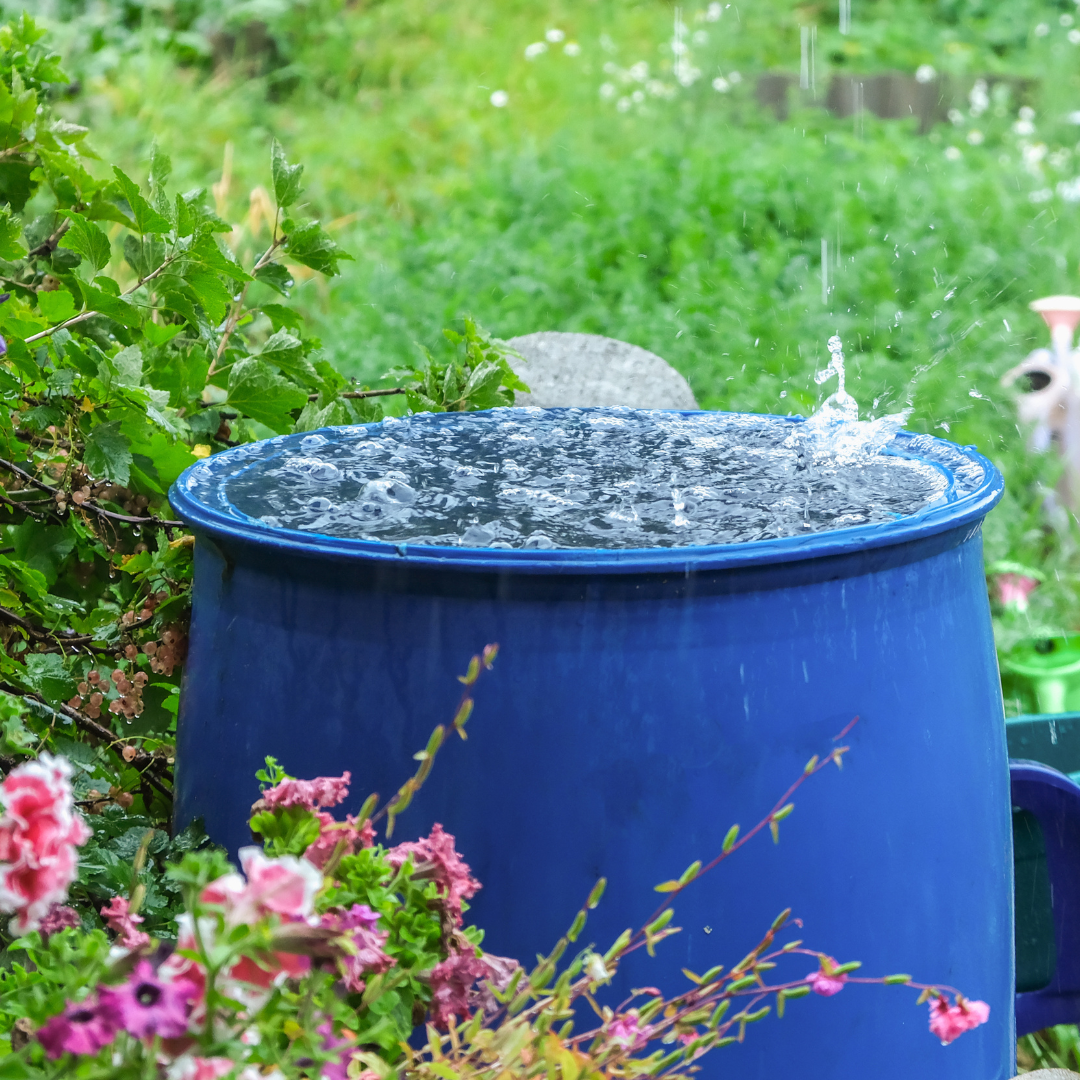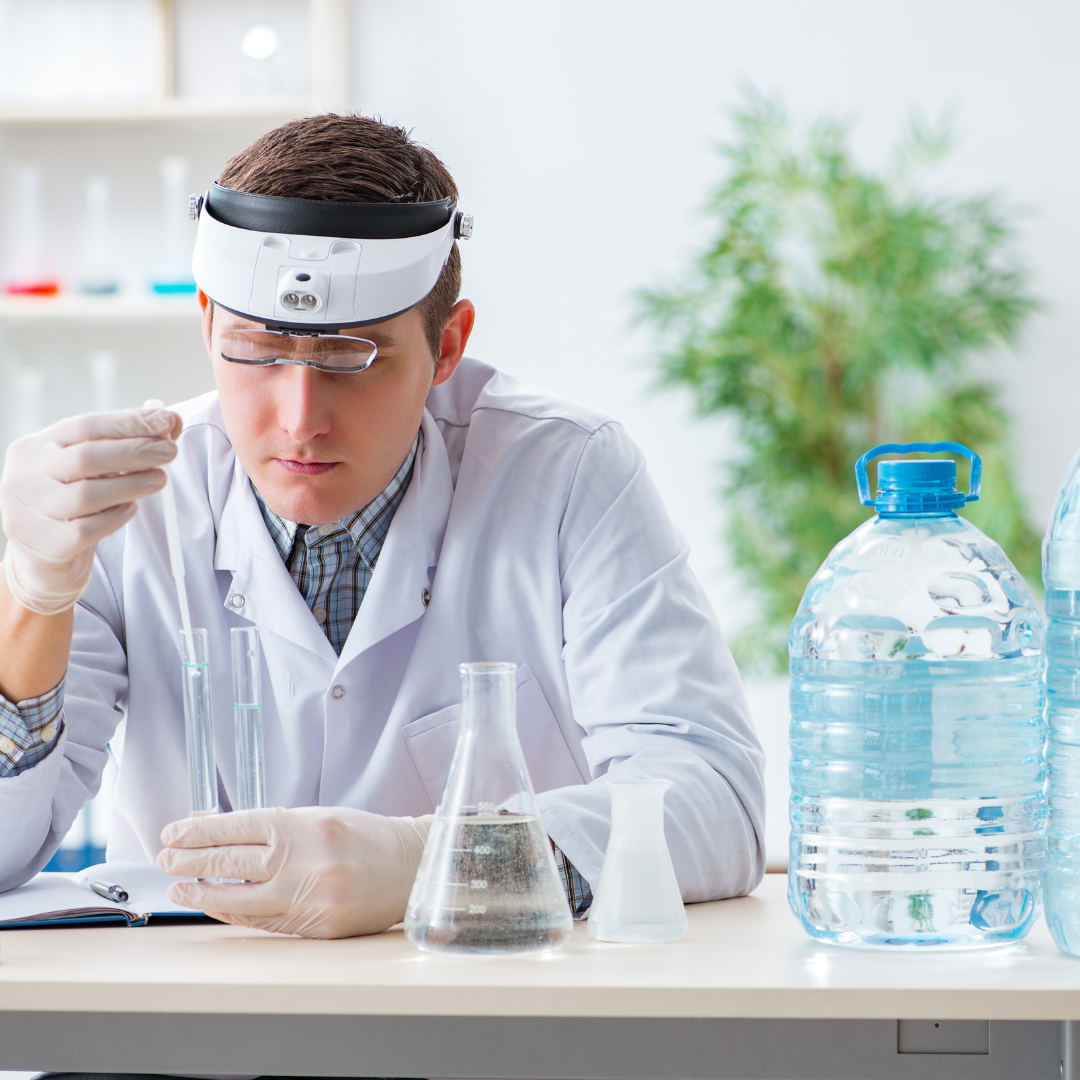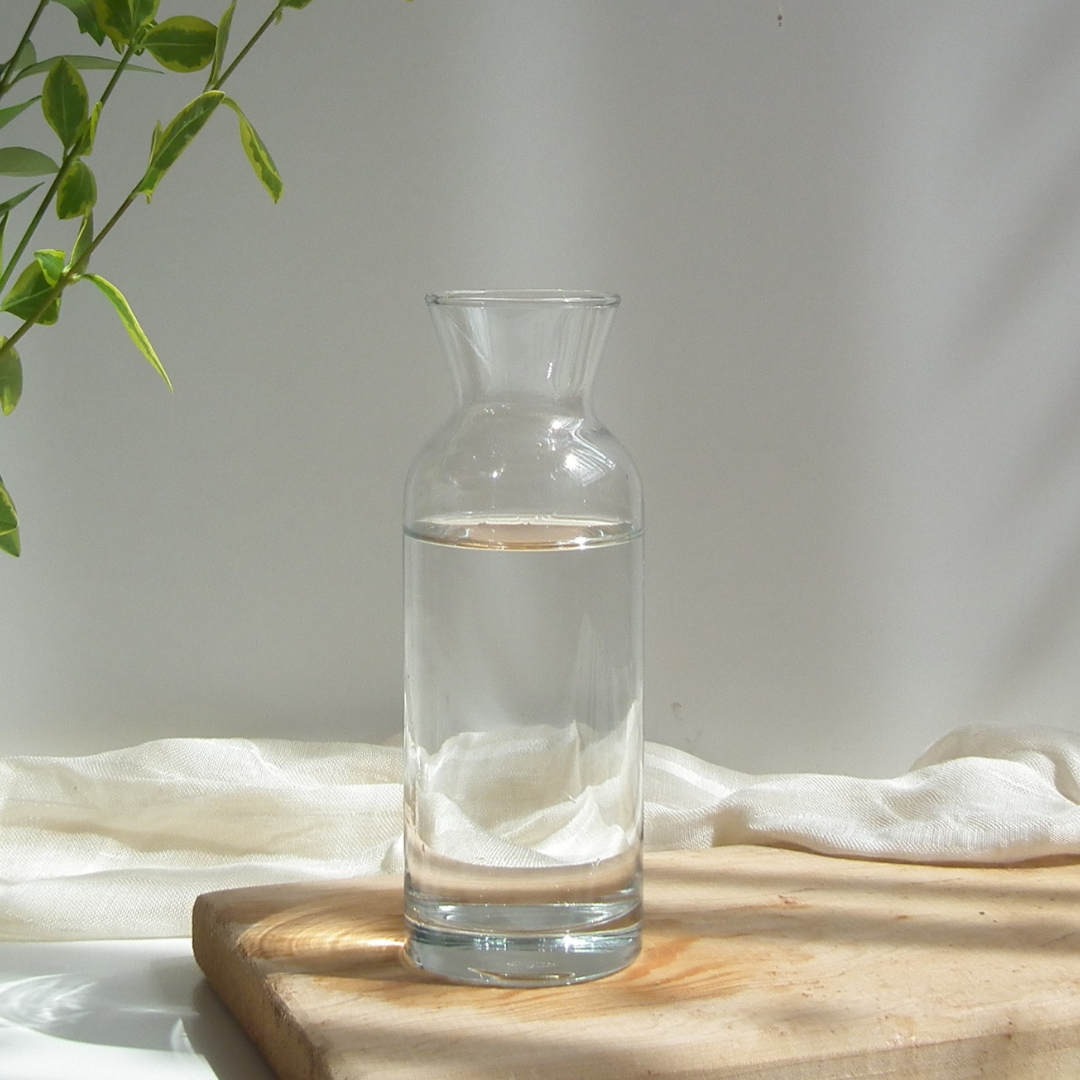

Redox potential, or oxidation-reduction potential (ORP), is a key measure of water quality. It shows how well water can participate in chemical reactions, like breaking down contaminants or supporting disinfection. A recent study conducted by chemist Oliver Kassner in Germany looked at how the Leela Quantum Bloc affects the redox potential of rainwater. The results revealed significant changes, offering insights into how this technology could impact water properties.

Redox potential measures how ready a substance is to gain or lose electrons. Higher ORP levels mean the water has stronger oxidative properties, which can make it better at neutralizing harmful elements. By measuring ORP, scientists can assess water’s chemical balance and its potential for various applications, from agriculture to sustainability.
The study analyzed rainwater collected over several months. Researchers took 200 mL samples, ensuring the water was clear and had a stable pH of 6. They measured the redox potential before and after exposing the water to the Leela Quantum Bloc. By comparing these measurements, they assessed how the Bloc influenced the water’s properties.


The study showed clear changes in the water’s redox potential after exposure to the Leela Quantum Bloc:
In some cases, the increase was as high as 68%, especially with longer exposure times. This indicates that the Leela Quantum Bloc can enhance the oxidative properties of water, potentially improving its ability to break down harmful substances.
The findings suggest that the Leela Quantum Bloc can improve water quality in measurable ways. By increasing the redox potential, this technology may make water more reactive and effective for applications like disinfection or supporting plant health in agriculture. It’s a promising step for those interested in sustainable water solutions. The study highlights the potential of the Leela Quantum Bloc in influencing water properties, but there’s more to explore. Future research could dive deeper into how this technology works and its broader applications.
The Leela Quantum Bloc shows measurable effects on rainwater’s redox potential, enhancing its oxidative properties. This opens up possibilities for using this technology in sustainable and innovative ways.
Discover how the Leela Quantum Bloc is shaping the future of water quality and sustainability. Click here to explore and read detailed study report.
Share